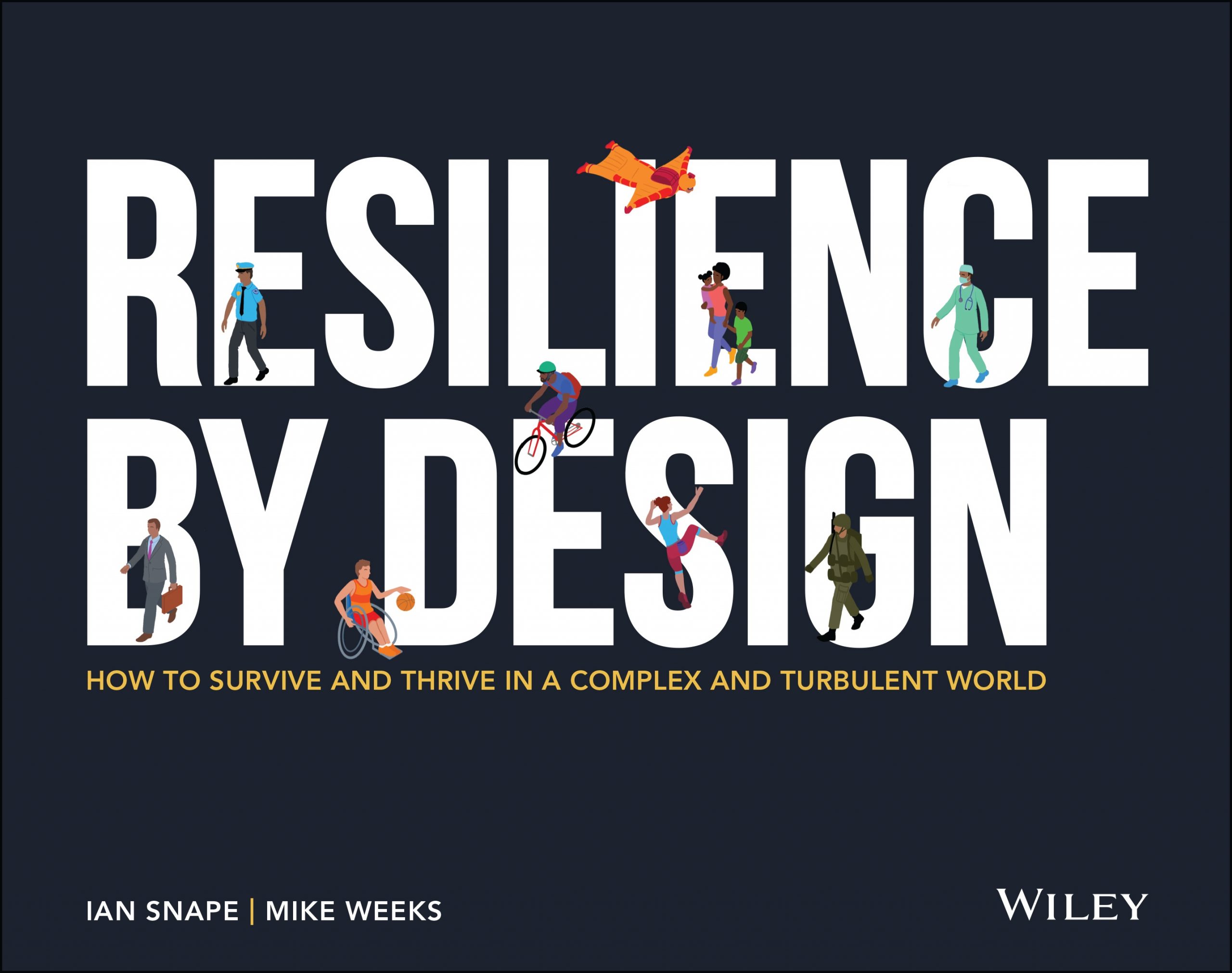Resilience is one of those topics that divides opinion with many talking about how it is much-needed, others talking about how the ’resilience trend’ places too much emphasis on personal (rather than organisational) responsibility, and some of us believing both to be true. Resilience is one of those terms that is used by many people to mean several different things so I was pleased to see the book opening with some definitions, defining personal resilience as “the ability to prepare for, respond to, and adapt to change. This could be incremental change, challenges, difficulties, or disruptions, as well as dramatic upheaval or catastrophe”
The authors claim this is a ‘how-to’ guide for personal resilience, and I believe that it delivers on that promise. Resilience (and the whole field of wellbeing) is a broad and complex topic and requires lots of nuance. I’m often concerned with much of what is written on the topic as there is a lot of opinion shared as fact and it bothers me that a lot of the accessible information is often of very poor quality whilst the evidence-based approaches can be inaccessible to many This book does a good job of delivering on its claim to be practitioner-led, theory-backed, and evidence-based. The material is engaging, nuanced, and well-referenced (allowing the reader to follow the trail on the source of claims). Early on, the authors point out that the book is backed up by ‘462 scientific papers, 94 books, and 84 miscellaneous publications’.
I found the book to offer a nuanced and balanced view. Some examples:
- The section about personal choice in resilience started to worry me in case it was going to be one of those ‘dig deep, stay strong’ approaches but then that was quickly followed by the ‘four choices model’ includes options to ’change the nature of the environment you are in’ or ‘leave’, advising people ‘do not confuse leaving with quitting’.
- Amy Cuddy’s power posing approach tends to divide opinion between those who are fans and those who dismiss it (classing it as having been discredited) and the book strikes a good balance between mentioning both Cuddy’s work and some subsequent failures to replicate the claims.
- Rather than just cite VUCA and talk about how complex the world is, a chapter on context explores how ‘our relationship with context, meaning the different environments and situations we find ourselves in moment by moment, is critical for resilience’. I was really interested to see Snowden’s Cynefin framework used as a way to make sense of our environment and situations we find ourselves in.
The book covers a lot including sections on the way we make sense of the world and the narratives we choose, improving awareness of the ways we think, practical models such as Boyd’s OODA (Observe – Orient – Decide – Act) Loop, physical aspects of personal resilience, reframing (and questioning evidence), rest, flow, and lifestyle.
This is a reasonably hefty book at almost 400 pages, albeit with lots of graphics, and I love the design and illustrations which make it feel very accessible. I’d like to see something on strengths (a commonly-missed opportunity in resilience) but, other than that, it feels like a comprehensive book.
An accessible, practical, evidence-based how-to guide on personal resilience.
Published by Wiley
Ian Pettigrew, Kingfisher Coaching









